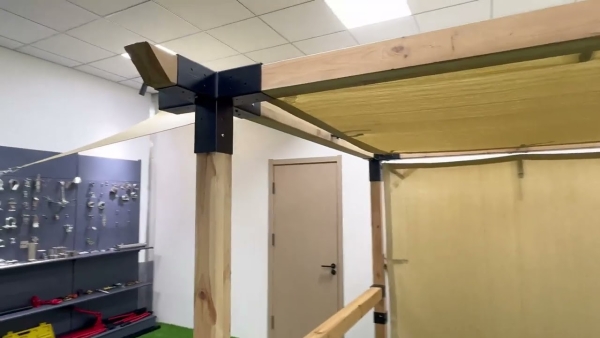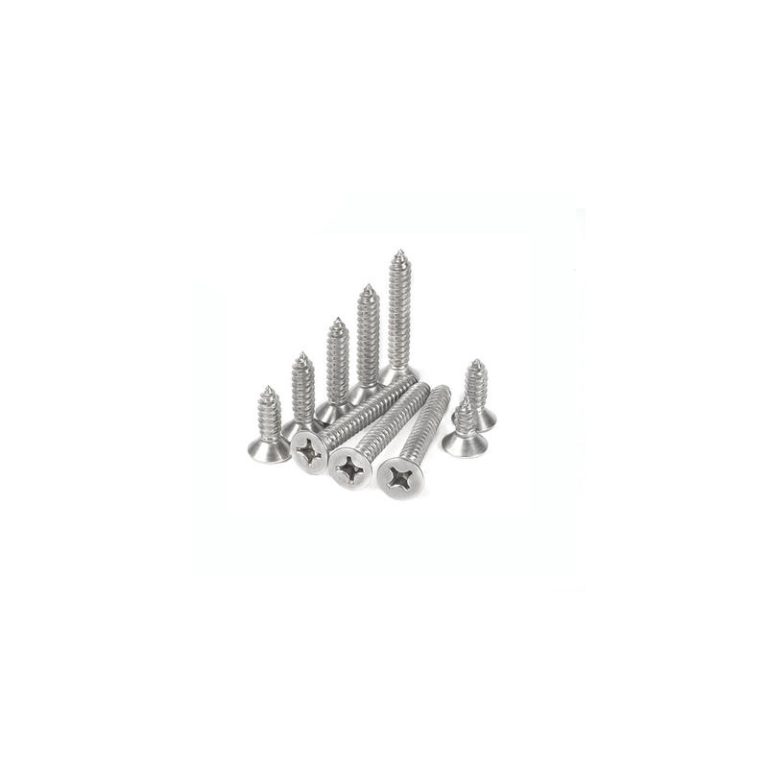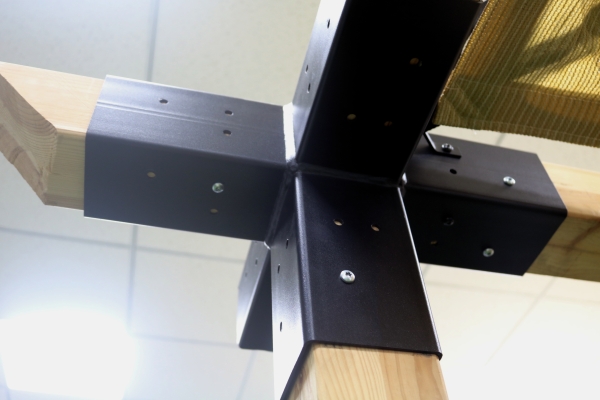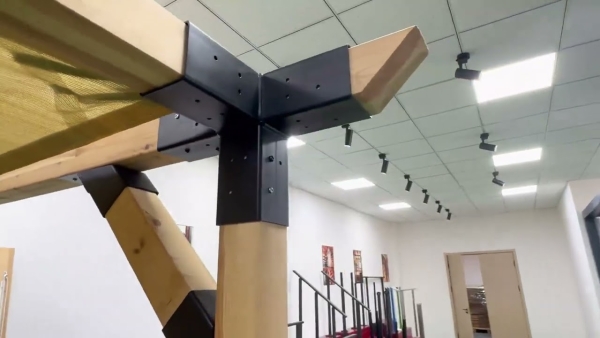Table of Contents
Benefits of Using Stainless Steel J Bolts and Nuts
Stainless steel J bolts and nuts are essential components in various industries due to their durability, corrosion resistance, and strength. These fasteners are commonly used in construction, automotive, marine, and aerospace applications where high tensile strength and resistance to harsh environments are required. In this article, we will explore the benefits of using stainless steel J bolts and nuts in different industries.
One of the primary advantages of stainless steel J bolts and nuts is their corrosion resistance. Stainless steel is an alloy of iron, chromium, and other elements that provide excellent resistance to rust and corrosion. This makes stainless steel J bolts and nuts ideal for outdoor applications where they are exposed to moisture, saltwater, and other corrosive elements. The corrosion resistance of stainless steel ensures that the fasteners maintain their integrity and strength over time, reducing the need for frequent replacements.
In addition to corrosion resistance, stainless steel J bolts and nuts offer high tensile strength. Tensile strength is the maximum amount of tensile stress that a material can withstand before breaking. Stainless steel has a high tensile strength, making it suitable for applications that require strong and reliable fastening solutions. The high tensile strength of stainless steel J bolts and nuts ensures that they can securely hold heavy loads and withstand high levels of tension without failing.
Furthermore, stainless steel J bolts and nuts are known for their durability. Stainless steel is a robust material that can withstand extreme temperatures, harsh chemicals, and mechanical stress without losing its structural integrity. This durability makes stainless steel J bolts and nuts suitable for demanding applications where other materials may fail. The longevity of stainless steel fasteners reduces maintenance costs and downtime, making them a cost-effective solution for various industries.
Another benefit of using stainless steel J bolts and nuts is their aesthetic appeal. Stainless steel has a sleek and modern appearance that adds a touch of sophistication to any application. The polished surface of stainless steel fasteners enhances the overall look of the finished product, making them a popular choice for architectural and decorative purposes. The aesthetic appeal of stainless steel J bolts and nuts makes them a versatile option for both functional and aesthetic applications.
In conclusion, stainless steel J bolts and nuts offer numerous benefits that make them a preferred choice in various industries. Their corrosion resistance, high tensile strength, durability, and aesthetic appeal make them ideal for applications where reliability and performance are essential. Whether used in construction, automotive, marine, or aerospace applications, stainless steel J bolts and nuts provide a reliable and cost-effective fastening solution. With their superior properties and versatility, stainless steel J bolts and nuts are a valuable addition to any project that requires strong and durable fasteners.
How to Properly Install and Maintain Stainless Steel J Bolts and Nuts
Stainless steel J bolts and nuts are commonly used in various industries for securing structures and equipment. These fasteners are known for their durability, corrosion resistance, and strength, making them ideal for outdoor and marine applications. Proper installation and maintenance of stainless steel J bolts and nuts are essential to ensure their longevity and performance.
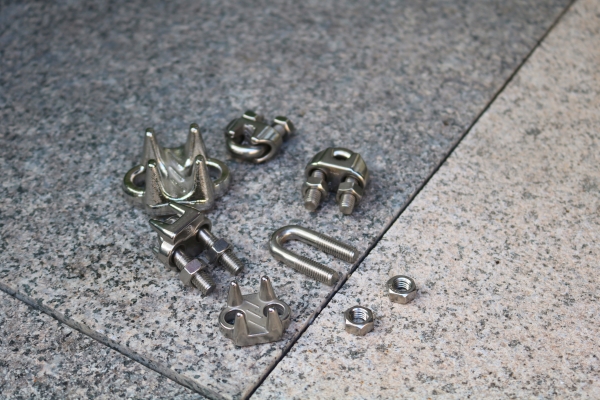
When installing stainless steel J bolts and nuts, it is important to follow the manufacturer’s guidelines and recommendations. Start by selecting the appropriate size and grade of stainless steel J bolts and nuts for the application. The size of the J bolts should be determined based on the load requirements, while the grade of stainless steel should be chosen based on the environmental conditions and corrosion resistance needed.
Before installation, make sure that the surfaces where the J bolts and nuts will be installed are clean and free of any debris or contaminants. This will help ensure a secure and tight fit of the fasteners. Use a torque wrench to tighten the nuts to the recommended torque specifications provided by the manufacturer. Over-tightening the nuts can lead to stress on the fasteners and potential failure.
After installation, it is important to regularly inspect the stainless steel J bolts and nuts for any signs of corrosion, wear, or damage. Inspect the fasteners for any signs of rust, pitting, or discoloration, as these can indicate corrosion. If any damage is found, replace the fasteners immediately to prevent further deterioration.
To maintain the performance of stainless steel J bolts and nuts, it is recommended to apply a corrosion-resistant coating or lubricant to the fasteners. This will help protect the fasteners from environmental factors such as moisture, saltwater, and chemicals that can cause corrosion. Regularly inspect and reapply the coating or lubricant as needed to ensure continued protection.
In addition to proper installation and maintenance, it is important to consider the environmental conditions in which the stainless steel J bolts and nuts will be used. Stainless steel is known for its corrosion resistance, but certain environments such as marine or industrial settings can accelerate corrosion. In these cases, it may be necessary to use a higher grade of stainless steel or apply additional protective coatings to the fasteners.
Overall, proper installation and maintenance of stainless steel J bolts and nuts are essential to ensure their longevity and performance. By following the manufacturer’s guidelines, regularly inspecting the fasteners, and considering the environmental conditions, you can maximize the lifespan of these durable and reliable fasteners. Remember to always use the appropriate tools and equipment when installing and maintaining stainless steel J bolts and nuts to ensure a secure and safe installation.

